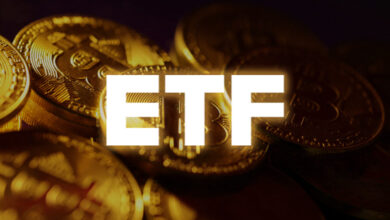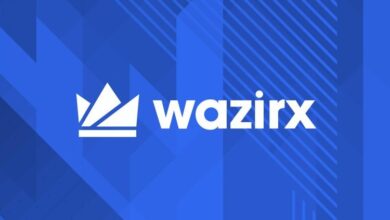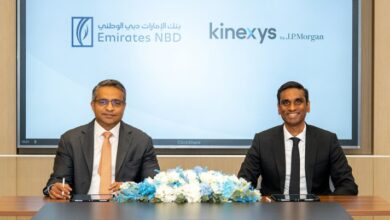Commercial Bank of Dubai leading Digital revolution in UAE with Blockchain

In February of 2021 the Commercial Bank of Dubai announced that it had gone live with the UAE KYC Blockchain platform called FIDES, powered by Norbloc and championed by the Dubai Economic Department. The FIDES platform facilitates the secure digital onboarding of customers to instant bank account functionality.
The project which included a consortium of six banks was launched in February 2020, and so far Emirates NBD and Commercial Bank of Dubai have announced that they have gone live. As per the announcement, Abu Dhabi Commercial Bank, HSBC and RAKBank were scheduled to go live in Q1 of 2021. The Dubai Economy licenses which are hosted on the platform account for approximately 40 percent of all licenses in the UAE. The remaining other licenses are under other licensing entities and free zones.
UNLOCK spoke to Stefan Kimmel Chief Operating Officer, of Commercial Bank of Dubai to discuss this initiative and others under study at the bank. As Kimmel explains, “We are using and exploring blockchain across many use cases within the bank, and we have found the most prominent use case to be in three domains, GL (General Ledger) financial reconciliation and accounting across entities, Trade finance and sharing of documents across different entities, and in KYC (know your customer) documentation pertaining to sharing of documents across entities.”
The Commercial Bank of Dubai has POCs in all three and is actively engaged in two of these use cases, one with the Norbloc KYC platform and the second with the UAE Trade Connect Consortium driven by Etisalat.
Talking about their experience so far with FIDES Blockchain KYC platform Kimmel strongly believes that it had added value to customers. He states, “Customers who are registered entities in DED can open a bank account online within minutes of onboarding, because we as a bank can pull documents and records from Norbloc platform in real time. Earlier, companies had to come to the branch to submit papers, sometimes come more than once if they forgot certain papers, usually taking a few days to a week, now this is all done within minutes.”
If in the future, when the FIDES platform incorporates free zones, and other licensing entities, then any company could open a bank account within minutes.
In terms of the complexity of integrating with FIDES and connecting to the Blockchain platform, Kimmel said it was quite simple and no more complex than any other IT integration project. He said, “We built the infrastructure and opened our APIs with third party entities as everyone else in the industry is doing, and this helped us to onboard quickly with Norbloc and protocols were established without any difficulty.”
According to Kimmel today with FIDES, banks are not sharing anything between themselves, banks only pull information, which is beneficial not only for customers but banks as well and the success of this service will grow manifold when there is critical mass with more banks getting onboard. FIDES has helped move the on-boarding process away from physical signatures to a digitized time and cost saving process. Kimmel added, “This is the one of the facets of a paperless society and economy that the UAE government is striving for.”
In terms of UAE Trade Connect, it is still in the experimental stage and has not seen a lot of traffic being conducted on it according to Kimmel. He explains, “While a number of banks have subscribed to the platform, traffic has still not picked up, but this is an important platform especially since Letter of Guarantee and Letters of Credit require a lot of paperwork, is cumbersome and if all this was done on a digital platform, it would reduce cost and efforts.”
Regardless of the slow movement in some digitization projects Kimmel believes that digitization can help banks to replace manual interactions with faster, safer, and digital platforms. He comments, “All Banks are investing in digitization projects, and the Commercial Bank of Dubai is moving quickly in this direction as all banks are. In some instances we are coexisting with new FinTech players such as in payments and in others we are cooperating with new FinTech startups.”
One example he gives is the work they are doing with NowMoney, which caters to a segment that banks find difficult to cater to. He says, “In some instances Fintech can provide services much faster and cheaper and in others they work with banks because we are more entrenched within the regulatory system and are trusted. In the end digitization is a means to an end, offering better customer service at lower cost.”
As for the recent UAE Central Bank regulation on stored value services, Kimmel believes that this is a great achievement yet the biggest challenge is in finding a digital wallet that has enough users both in terms of clients as well as in terms of merchants. Kimmel ends, “When it comes to digital wallets we are still waiting to see which one will be the prevailing platform and which one will take central stage.”
In conclusion, CBD is constantly enhancing its retail channels, mobile applications and as per Kimmel will be releasing a Digital Trade Finance platform where companies can carry out all their needs online.




